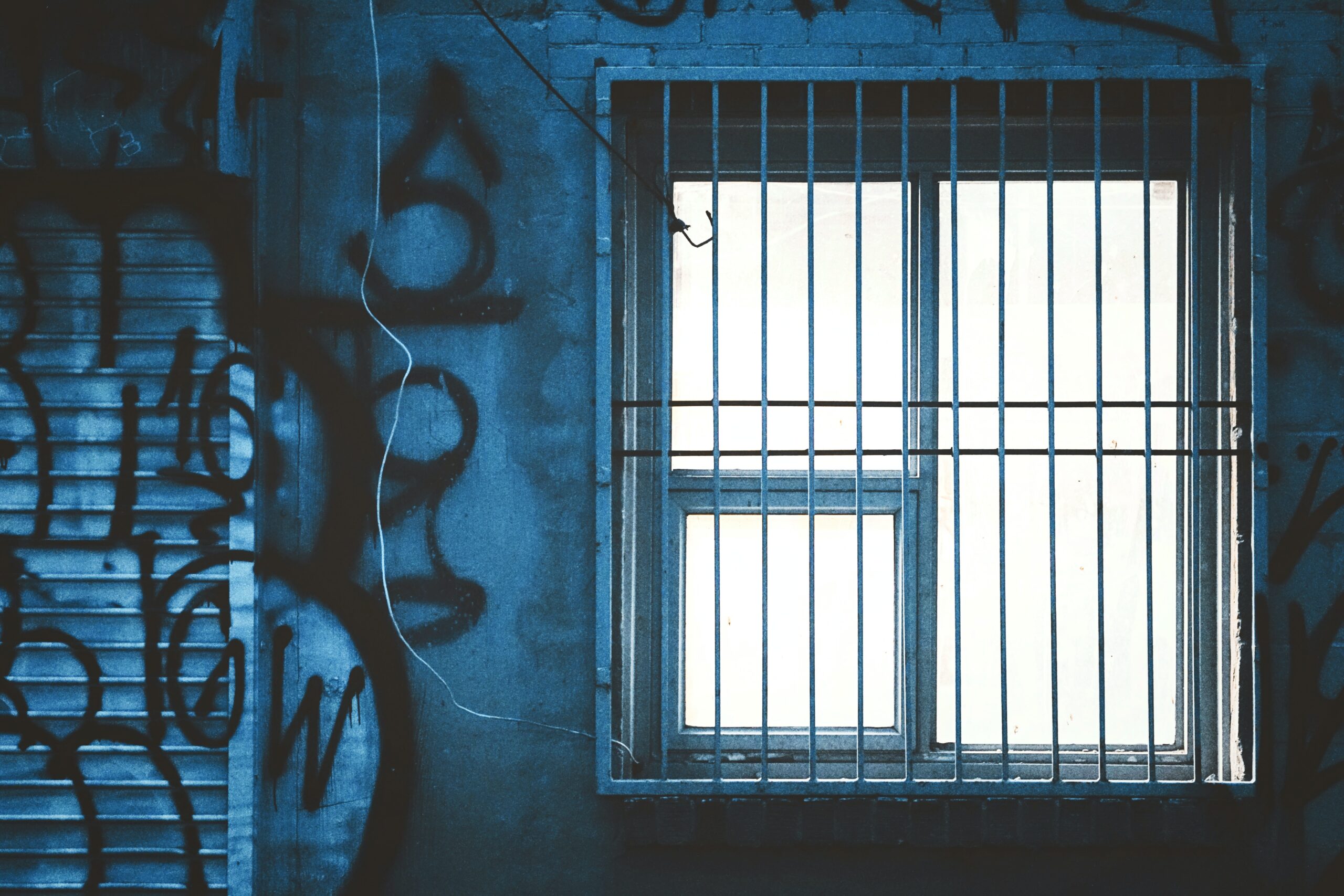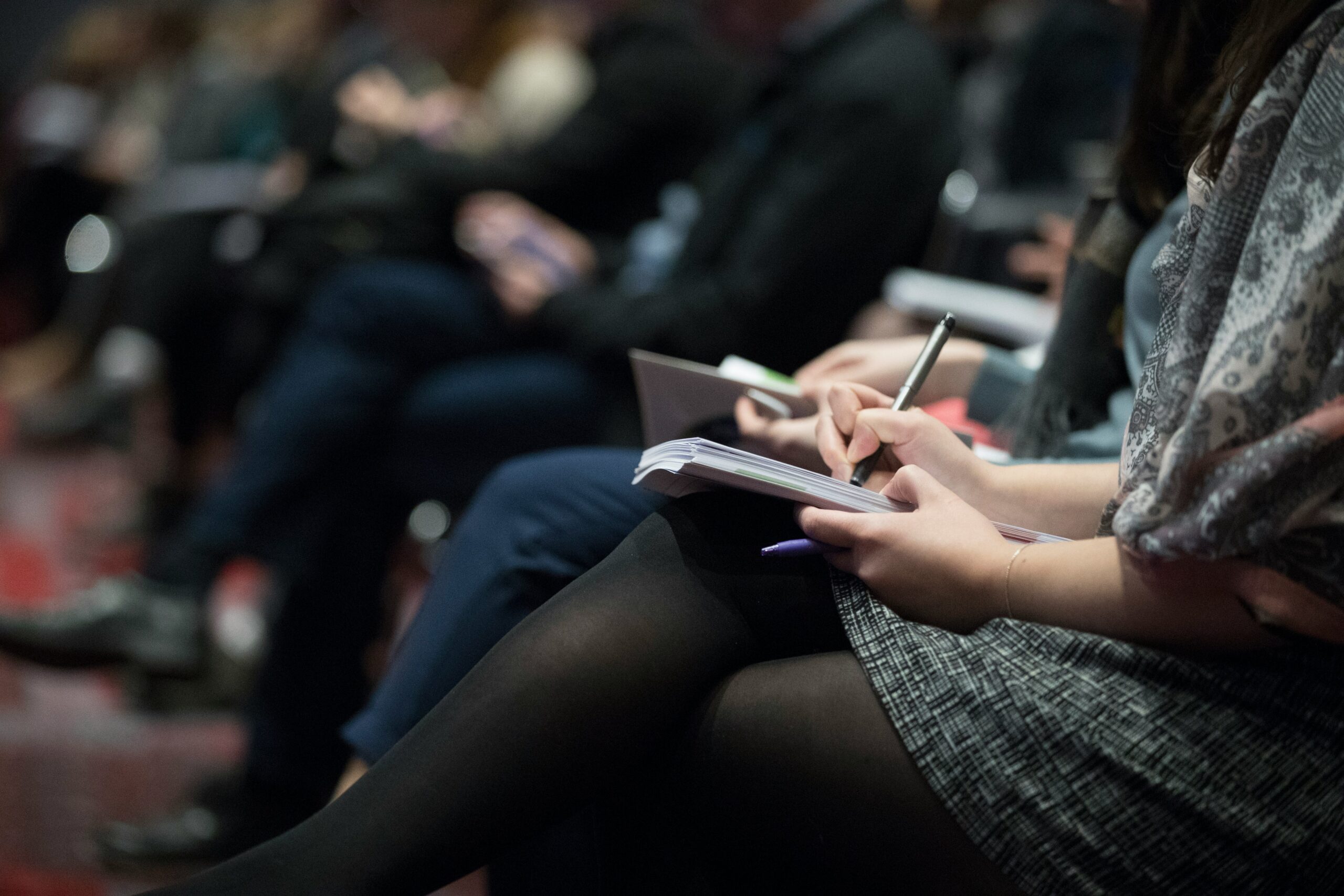There are many things to be said about the Before trilogy, among them the impressive range of its defining qualities: the long tracking shots of extended dialogue in which both Jesse and Céline, played with natural charisma and chemistry by Ethan Hawke and Julie Delpy, take up the threads of a floating and often capricious conversation and weave something that can be magical; the laid-back boldness of its director, Richard Linklater, who’s afraid neither of the intelligent probing of its dialogue nor of the trilogy’s patient playing with its notions of cinematic time; the reliable nine-year gaps between each of the installments, making the series as much for the audience as for its characters a journey through the years; and the general aura pervading each of the installments of an authentic, non-commercial cinema that at least appears to give the whole shebang integrity.
And who could possibly complain about this? Even with its flaws, the Before trilogy has unquestioned integrity and raises up a series of potent images of a lasting and transcendent love. Isn’t that all we want, after all, as filmgoers with an appetite for imagining our own loves?
With its assets out of the way, I feel obligated as a critical person and a skeptic—about almost everything but especially about matters of love—to point out the flaws of the trilogy, even as it stands out for its resounding success. And oh my, are there flaws to be criticized, like those of a prime cut of overcooked filet mignon. Sometimes even with the good stuff you can desire a bit more from excellence.
The first major problem is that the dialogue can go astray, veering toward the craggy shore of intellectual topics that can come off as insincerity. One example of this problem is Jesse’s dialogue as an author and so-called man of letters, where this insincerity can be especially apparent; I couldn’t help laughing at some of his posturing about the ideas for his books-in-the-making, as though he were rattling off these monologues from the scriptwriters’ composite notion of a hack, or a fraud, or a man without talent trying to sound intelligent. And I ask myself again and again: why did the writers of the Before trilogy—these being the actors themselves and the director in a joint effort—want to portray Jesse as a hack? What was the benefit there?
This could also have been the actor’s executive decision for his own character, so that Ethan Hawke decided to play his role as a shlocky and pretentious poseur of a writer instead of, say, someone of substance. An alternative that I’m skeptical of considering is that Ethan Hawke just comes off as posturing and fraudulent, and that he plays a variation of this character in the roles of all his movies. Again, I don’t think this is the case, since I’ve seen other movies with Ethan Hawke and he’s not often as pretentious as in these sections of the Before Trilogy, and he is otherwise credible as the lover of Céline. But it’s a possibility.
An additional flaw of the trilogy is that each of the installments advances the relationship of our two lovers but, at the same time, the actual import and weight of their relationship seem to become more and more attenuated, prosaic, giving off the sensation that the thing is dragging on when it could have ended with a more suggestive finality after the first installment, or maybe the second. And so their relationship begins to stale. Their grievances start to look rehearsed, especially in Before Midnight. And all in all, after watching all three installments and taking the time to assess them as a trilogy, I don’t find in their love anything more worthwhile or enlightening than the chemistry of their dialogue, their synchronized tics and movements, their on-screen give and take. And for this trilogy, that might have been enough.
The final installment of the trilogy, Before Midnight, is a kind of no-holds-barred realization of the tensions of its predecessor: after getting together and marrying, Jesse and Céline have arrived at a standstill, that state of affairs buoyed by a marriage in which the partners are no longer in the throes of passion—the illusions of love have faded away—and other things become more important. Their central problem, like that of so many couples lured by romantic aspirations, is that love is just an ideal and marriage a contractual bond and an institution. Marriage has nothing to do with love conceived of as a romantic and idealized connection with another human being—in fact, if the divorce rates in the West are at all telling, it might be requisite to the dissolution of that love, replacing its essential conditions of mystery, distance, and illusion with all their opposites.
This is not to say that love in marriage is impossible, but it’s certainly different, and on the whole Before Midnight pulls through by showing its two lovers crossing these frigid waters toward a different kind of relationship. No one can suggest, after all that cock fighting, that their love is the same as it was on that halcyon and moonlit evening in a distant Vienna. It’s not even close, and the camera pulls out in that final shot as though on their slightly depressed mutual acceptance, or what seems like an acceptable mediocrity, the death of dreams.
And that’s no fault of the trilogy, nor of the director; it is no fault at all. Instead, it is to our collective chagrin another drop in the bucket of human nature.



